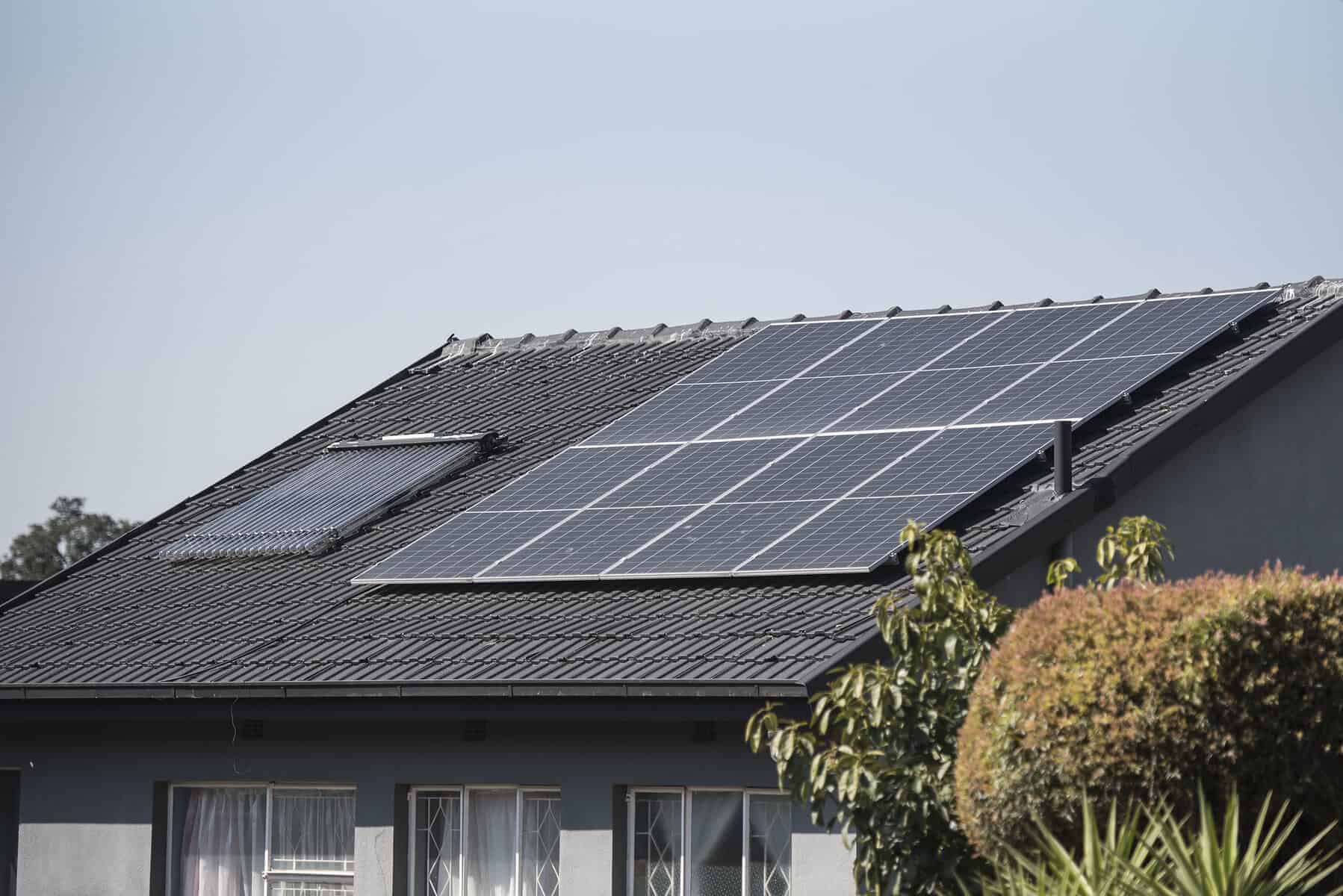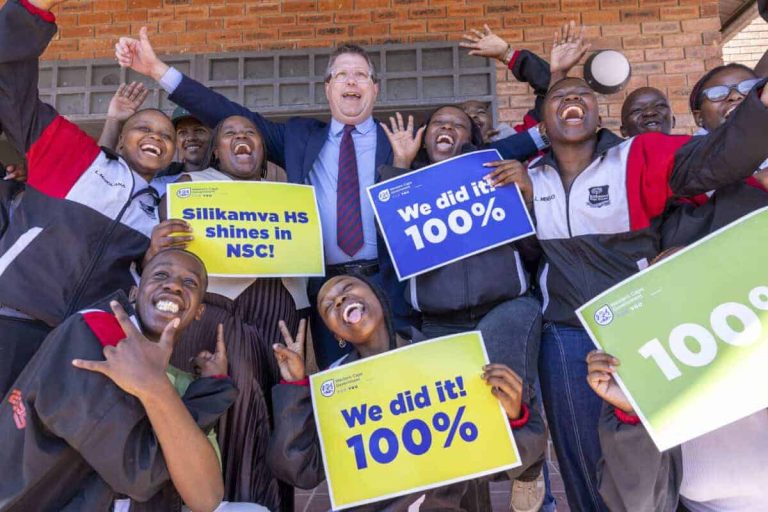
Eskom has scrapped the requirement for residential customers and households with rooftop solar panels to have the systems signed off by an engineer registered with the Engineering Council of South Africa (ECSA).
No need for engineer
Effective 1 October, 2025, residential small-scale embedded generation users no longer need a qualified electrical engineer or other ECSA-registered professional to sign off on these systems before they can be registered.
Instead, Eskom’s customers may now have their systems signed off by a department of labour– registered person (excluding single-phase testers).
Eskom said the installation must have a valid electrical certificate of compliance and a basic embedded generation installation test report signed off by a registered installation electrician or master installation electrician.
“This follows a review of compliance and safety requirements as well as a stringent due diligence process, pending the expected changes by the South African Bureau of Standards (SABS).” Eskom said.
ALSO READ: Power system stable as SA nears six months of no load shedding
Massive costs
Eskom acknowledged that the required systems to be signed off by an ECSA-registered professional could be costly for some homeowners, but this was out of its control.
The earlier requirement that all systems had to be inspected and approved by a professional engineer was said to add approximately R30 000 to the cost of registration.
“This means customers can save over R9 000 on connection costs for a typical 16kVA rooftop solar system. Households with solar PV systems up to 50kVA continue to be exempt from registration fees and installation of smart meter fees,” Eskom said.
Safety requirements
The parastatal said it has been working on the small-scale embedded generation framework with industry stakeholders to stay ahead of safety requirements.
“Eskom recognises that many South Africans are eager to participate in the clean energy transition,” the power utility said.
“This is to make it easier, safer and more affordable for small-scale embedded generation households and businesses to connect legally to the national grid as required by the National Energy Regulator of South Africa (Nersa).”
Registration
Eskom distribution acting group executive Agnes Mlambo encouraged customers to register their systems, in line with Nersa’s requirements.
“All businesses and households with embedded generation systems of less than 100kVA, including solar PV systems, are required to register with Eskom, even if they do not export electricity to the grid. However, customers who are fully off-grid and not connected to Eskom’s network are not required to register, provided they can demonstrate that their systems operate independently of Eskom’s supply.
“Registration not only ensures compliance and safety but also positions customers to benefit from future programmes that reward clean energy generation,” Mlambo said.
ALSO READ: Eskom reports full year profit for the first time since 2017 amid soaring municipal debt
Benefits
Eskom said non-residential small-scale embedded generation customers will continue to benefit from the previous year’s connection charges, ensuring continued cost savings.
“Registered customers are also well-placed to benefit from future tariff structures that make it possible to sign up for demand response products and pay less for electricity by shifting energy use to lower-cost periods.
“In addition, those who export power back to the grid benefit from the Nersa-approved Homeflex tariff, which provides credits for energy exported, further improving the return on their investment,” Eskom said.
Energy transition
Eskom said it is committed to supporting South Africa’s energy transition by enabling the safe, affordable, and compliant integration of small-scale embedded generation systems, including ongoing work to explore solutions for prepaid connections, while ensuring the continued integrity and reliability of the national grid.
Eskom launched a campaign in April to help residential owners of small-scale embedded generation systems, including photovoltaic installation systems, comply with Nersa regulations.
Challenge
While Organisation Undoing Tax Abuse (Outa) CEO Wayne Duvenhage said Outa would challenge Eskom’s decision, lobby group AfriForum maintained that Eskom’s registration requirements for grid-tied solar power systems had no legal basis.
Outa met officials from Eskom’s distribution division in August on the registration and compliance requirements for small-scale embedded generation systems.
SABS code
It described the registration process as “irrational, unfair, anti-poor and discriminatory against households and businesses who have taken action or intend to take action to reduce their energy consumption from the grid”.
After the meeting, Outa advised homeowners and businesses with low-voltage small-scale embedded generation systems of less than 100kW to hold off on registering their systems with Eskom or any municipality, saying the mandatory SABS Code of Practice for low-voltage electrical installations was being amended to cover both standby and grid-tied solar PV and battery storage systems, which form the majority of residential systems installed.
ALSO READ: Large-scale solar projects to provide emergency power within 18 months



